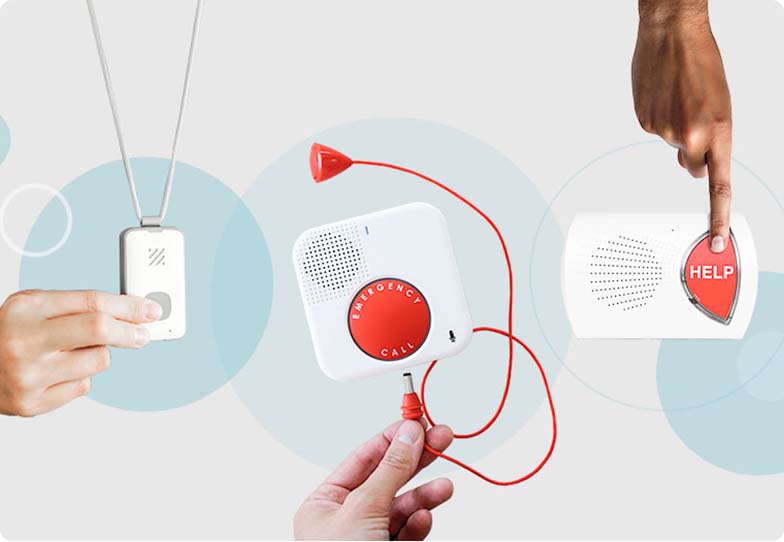Be Prepared for the 2023 Atlantic Hurricane Season
SafeWise experts have years of firsthand experience testing the products we recommend. Learn how we test and review.
When extreme weather is in full swing, we want everyone to stay safe. Here are some resources if you or a loved one are impacted by storms.
- Track the storms to stay up-to-date on the latest hurricane developments, warnings, and advisories.
- Stay informed about local developments and find resources at DisasterAssistance.gov.
- Know about evacuation shelters through the free Red Cross Emergency app, calling 1-800-RED-CROSS (800-733-2767) or go to redcross.org/shelter.
- Use our emergency resources on SafeWise for everything including generators, emergency kits, flooding, and how to prep kids for hurricanes.
The Atlantic hurricane season began this month and will run through the end of November. Experts have already named 23 storms for the 2024 season with 11 hurricanes in the forecast.
As hurricane season ramps up, it’s important to beware of how water and wind can impact your home and family. While the Atlantic hurricane season is relatively predictable, major storms can wreak havoc in communities, destroying homes and livelihoods.
Sign up for our free weekly newsletter to get the best safety news, product info, and deals.
By signing up, you agree to our Terms and Conditions and Privacy Policy.
Hurricane season begins in the Atlantic as a significant cyclone in the Indian Ocean makes landfall in India and Pakistan. Last year, Cyclone Biparjoy spurred over 170,000 evacuations in the two countries, with the emergency agencies predicting 10-13 foot storm surges and winds up to 77 miles per hour.
As the U.S. prepares for hurricanes, the rest of the world deals with significant storms, all of which were leading to “escalating hazards” for the global population.
Protecting your home from hurricanes
If you live on the East Coast or near the Gulf of Mexico, protecting your home from hurricanes is vital. SafeWise asked Tim Tracy at Groundworks for some tips, and he offered some recommendations.
- Check the foundation drainage system and your sump pump. Ensure you have a functioning sump pump and a generator to power it if it goes out. It’s also important to check your roof and repair any issues before hurricanes.
- Review your home insurance. Storm flooding isn’t always covered, so check in with your agent and make sure you’re prepared for everything.
- Water from hurricanes tends to cause more damage than wind, so you want to do everything possible to prevent your home from flooding.
SafeWise experts recommend three crucial steps if your house floods:
“Stop the water at the source, turn off electricity (only if you can do so without stepping into water), and evacuate the premises.” From there, you’ll want to contact your insurer or landlord, document everything that happened, and clean up to prevent further damage.
If you have kids at home, you’ll want to prepare them for the potential of hurricanes and flooding. That includes informing them about shelter-in-place and what to do if the area floods.
After the storm, it’s essential to be prepared for the damage that can linger, including unclean and clogged gutters. Then, check out our flooding guide to learn how to handle flood damage.
Finally, it’s vital to have an emergency kit with essentials like water, food, first aid, communication devices, and light.
This year’s hurricane season is predicted to be below average, but if we’ve learned anything about weather and nature in the last few months, it’s to prepare for the unexpected.
Related articles on SafeWise
- Surprising Ways to Protect Your Home from Hurricanes
- States Ranked: Where Concern Over Natural Disasters Reigns Supreme
- How to Prepare Kids for Emergencies
- New U.N. Report Says Climate Change Leading to “Escalating Hazards”
- How Can I Prevent My Home from Flooding?
- What Do I Do If My House Floods?
- Emergency Kits 101: How to Be Prepared for Anything
Recent Articles




















